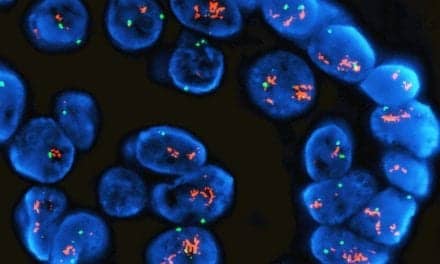
The findings, by Stanford and colleagues from the University of Washington Genome Sciences Department and the National Human Genome Research Institute, are online ahead of the print issue of Cancer Epidemiology, Biomarkers & Prevention.
Prostate cancer is a complex disease and its causes include a strong genetic component. It is estimated that about 42% of prostate cancer cases are due to heredity, or genetic variations present at birth. Some 5% to 10% of those prostate cancer cases are thought to result from rare inherited mutations.
“This research demonstrates for the first time that rare mutations in the BTNL2 gene enhance susceptibility to both hereditary and sporadic prostate cancer,” says Stanford, co-director of the Program in Prostate Cancer Research a member of the Public Health Sciences Division. Common variants in this gene have been previously linked to several autoimmune and inflammatory diseases such as sarcoidosis and ulcerative colitis.
The researchers used a next-generation sequencing technology called whole-exome sequencing, which consists of sequencing all the coding regions, called exons, across the genome.
[Source: Fred Hutchinson Cancer Research Center]





